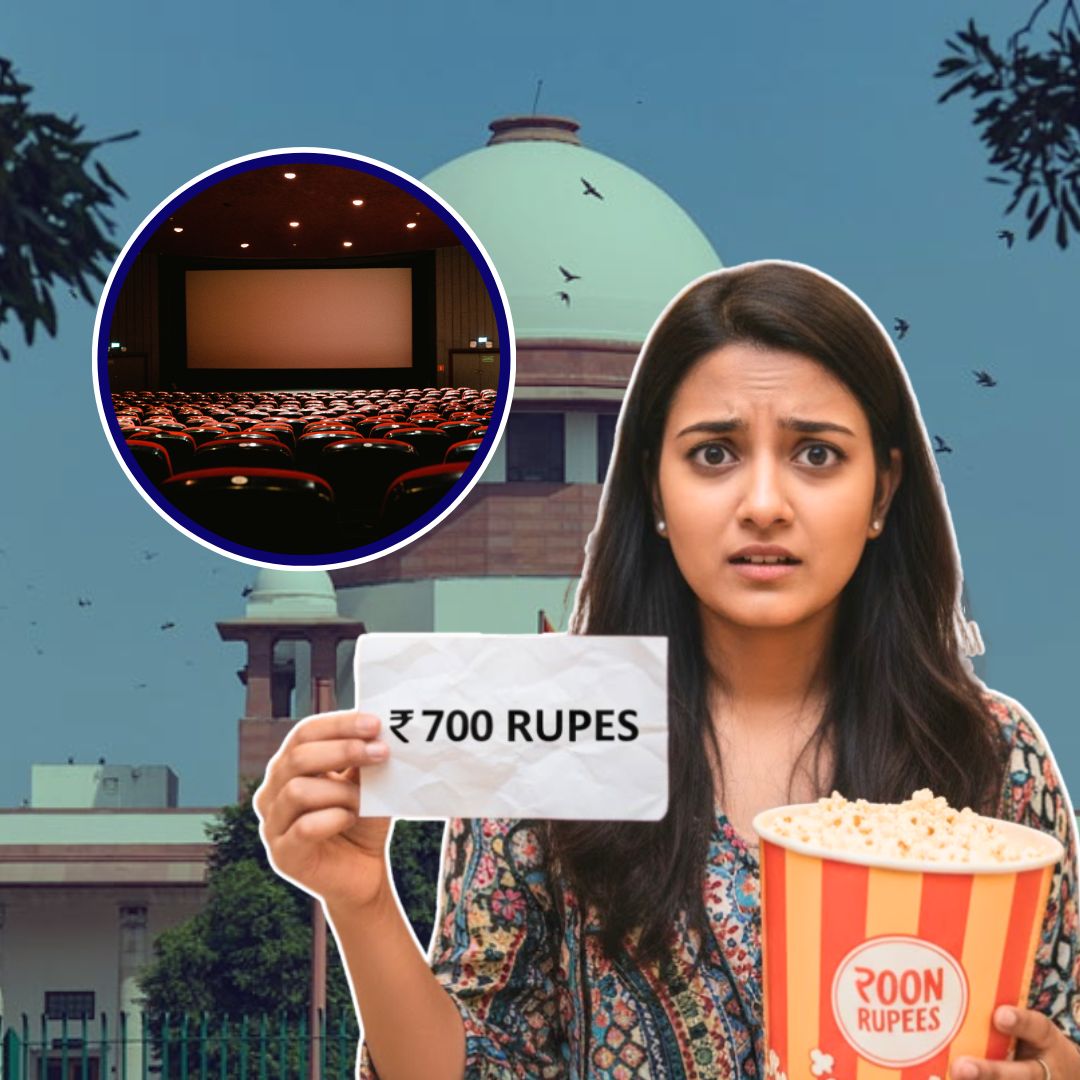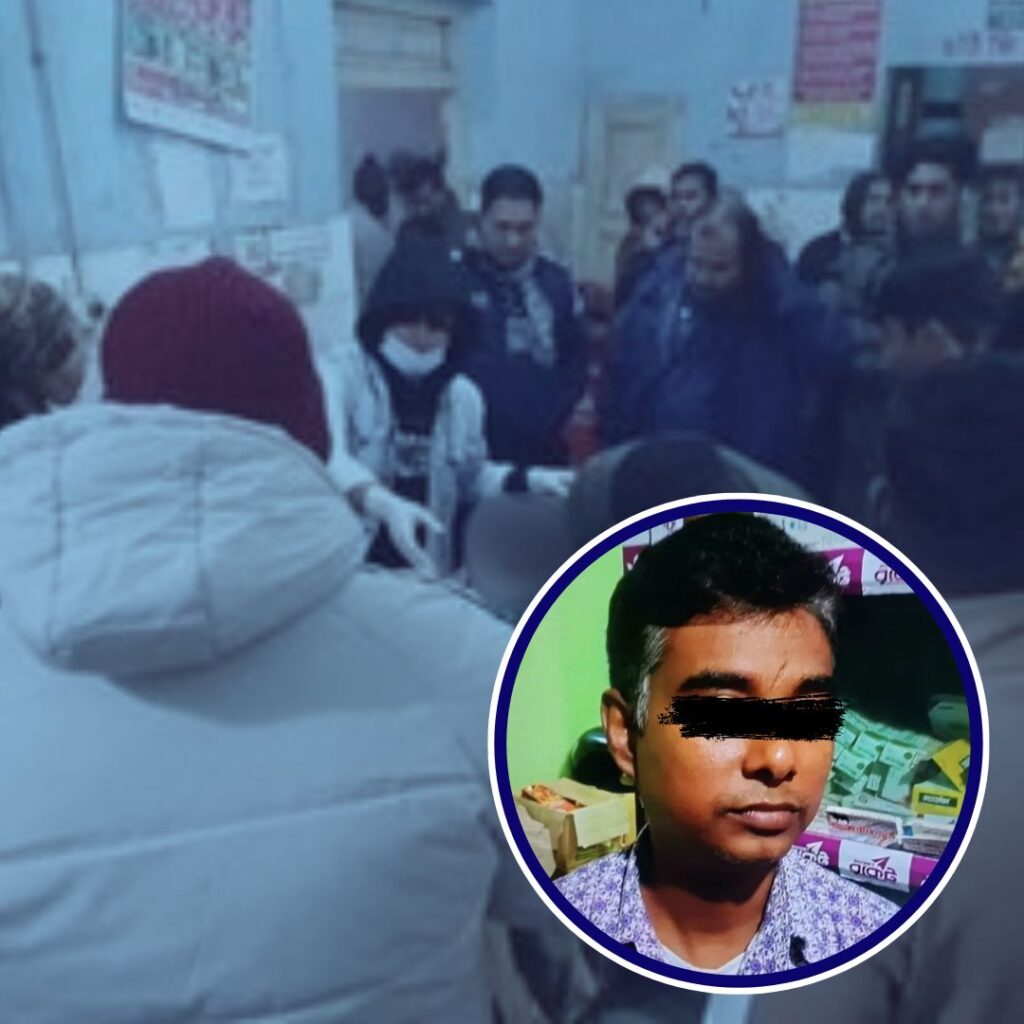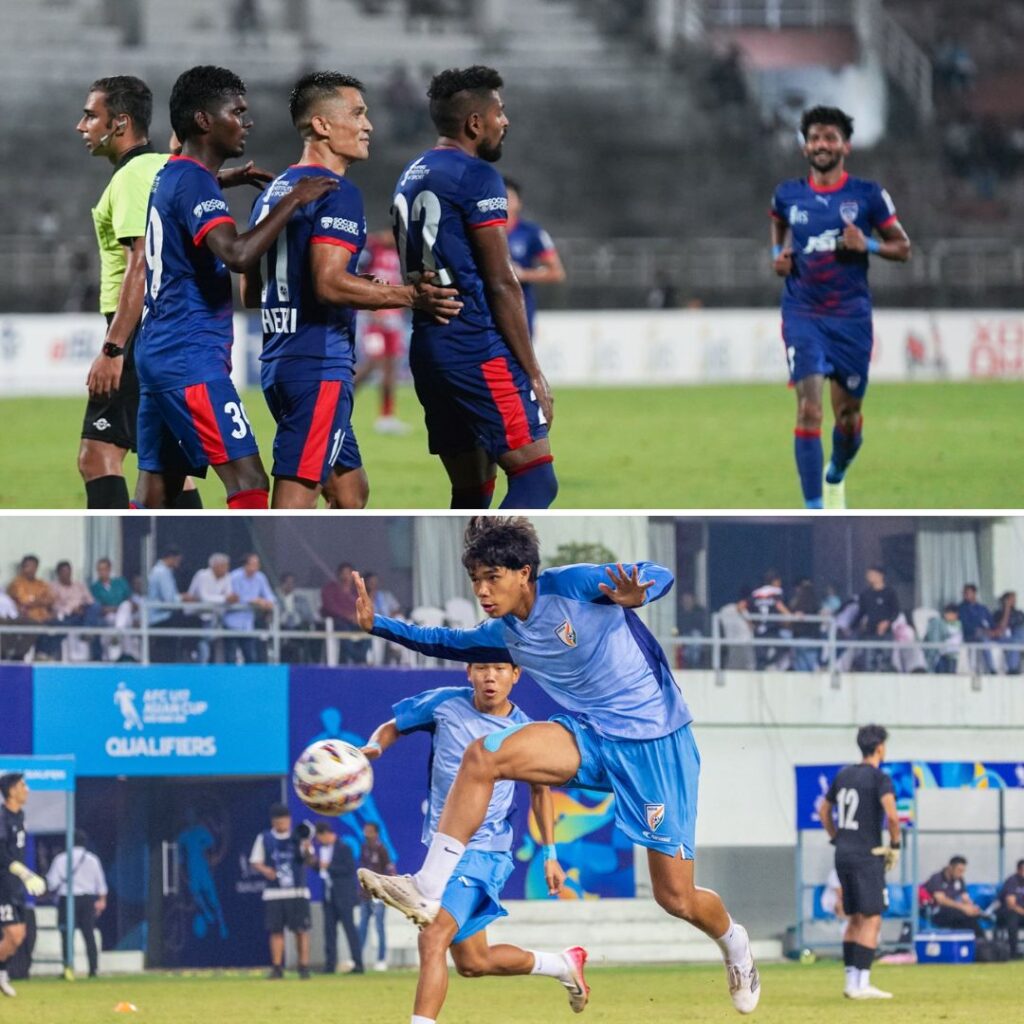The Supreme Court of India has recently raised critical concerns about the high pricing of cinema tickets and refreshments in multiplexes, sparking a significant debate over consumer rights, business sustainability, and cultural access.
The Court’s observations came amid ongoing litigation over the Karnataka government’s rule capping ticket prices at Rs 200 per show. This elaborate summary explores the key developments, legal context, industry reactions, and The Logical Indian’s perspective on this important issue.
Supreme Court Flags Unaffordable Pricing in Multiplexes
During hearings on November 3, 2025, a bench comprising Justices Vikram Nath and Sandeep Mehta orally expressed strong apprehensions about the soaring costs in multiplexes.
The Court cited extreme examples such as Rs 100 for a water bottle and Rs 700 for a cup of coffee, pointing out that such exorbitant prices deter people from attending cinemas. “Otherwise, the cinema halls will be empty,” Justice Nath warned, emphasising the social importance of affordable entertainment.
The Court stayed the Karnataka High Court’s directive compelling multiplexes to maintain exhaustive auditable records related to ticket sales pending further hearings but upheld the need to fix prices reasonably for the benefit of consumers and the sustainability of cinemas.
Legal Battle Over Karnataka’s Ticket Price Cap
The Karnataka Cinemas (Regulation) (Amendment) Rules, 2025, introduced a maximum ticket price of Rs 200, inclusive of entertainment taxes, aiming to enhance affordability. The Multiplex Association of India (MAI), prominent film producers, and multiplex chains like PVR Inox challenged this cap in court, highlighting financial and operational challenges due to significant cost variations among multiplexes and single-screen theaters.
While the Karnataka High Court initially stayed the price cap, a division bench subsequently imposed conditions requiring multiplexes to maintain detailed records of ticket sales, including payment modes, customers’ identities, and audit verification, so refunds could be processed if the cap was upheld. The Supreme Court, while granting interim relief to multiplexes from the record-keeping mandate, left room for reasonable pricing to prevent cinema decline.
Industry and Public Concerns on Accessibility
The steep prices in multiplexes for both tickets and refreshment items have long fuelled public dissatisfaction, as many viewers, especially from low to middle-income groups, find these costs prohibitive. State governments’ regulatory attempts to cap prices reflect efforts to safeguard consumer interests and strengthen cultural participation.
The multiplex industry argues that the blanket regulation ignores operational differences and is impractical to enforce, especially with the predominance of online ticket sales. The Supreme Court’s intervention confirms judicial sensitivity to both consumer accessibility and the financial health of the cinema exhibition industry, setting the stage for a balanced resolution through ongoing litigation.
The Logical Indian’s Perspective
Cinema has been an integral part of India’s social and cultural fabric, fostering collective experiences across diverse communities. While multiplexes operate as businesses needing to sustain costs, they also bear a responsibility to ensure their services remain within reach of the broader public.
Excessive pricing not only limits access but risks eroding the inclusive cultural value of cinema. The Logical Indian advocates for cooperative dialogue among policymakers, industry stakeholders, and consumers to develop pragmatic pricing norms that respect both economic realities and cultural rights.













